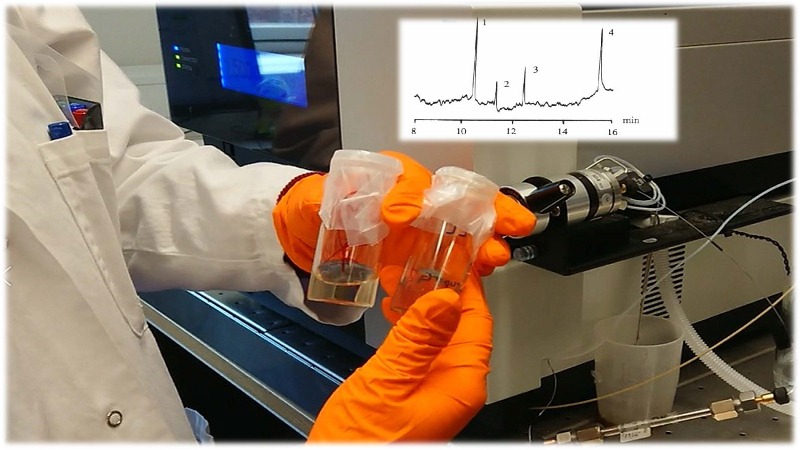Föreläsningarna behandlar grundläggande principer för olika separationstekniker samt en genomgång av ett antal av de viktigaste teknikerna som kapillärgaskromatografi, vätskekromatografi (HPLC) och kapillärelektrofores. Kombinationer av dessa tillsammans med masspektrometri såväl som direkt analys med masspektrometri ingår. Specifika instrumentella aspekter, provupparbetning, optimering av separationer och problemlösning behandlas också. När det är relevant behandlas olika metoder, tekniker och tillämpningar ur ett miljö- och hållbarhetsperspektiv.
Laboratorationsdelen är upplagd som ett grupparbete i projektform. Projekten har oftast anknytning till pågående forskning eller anknytning till ett relevant industriproblem.
